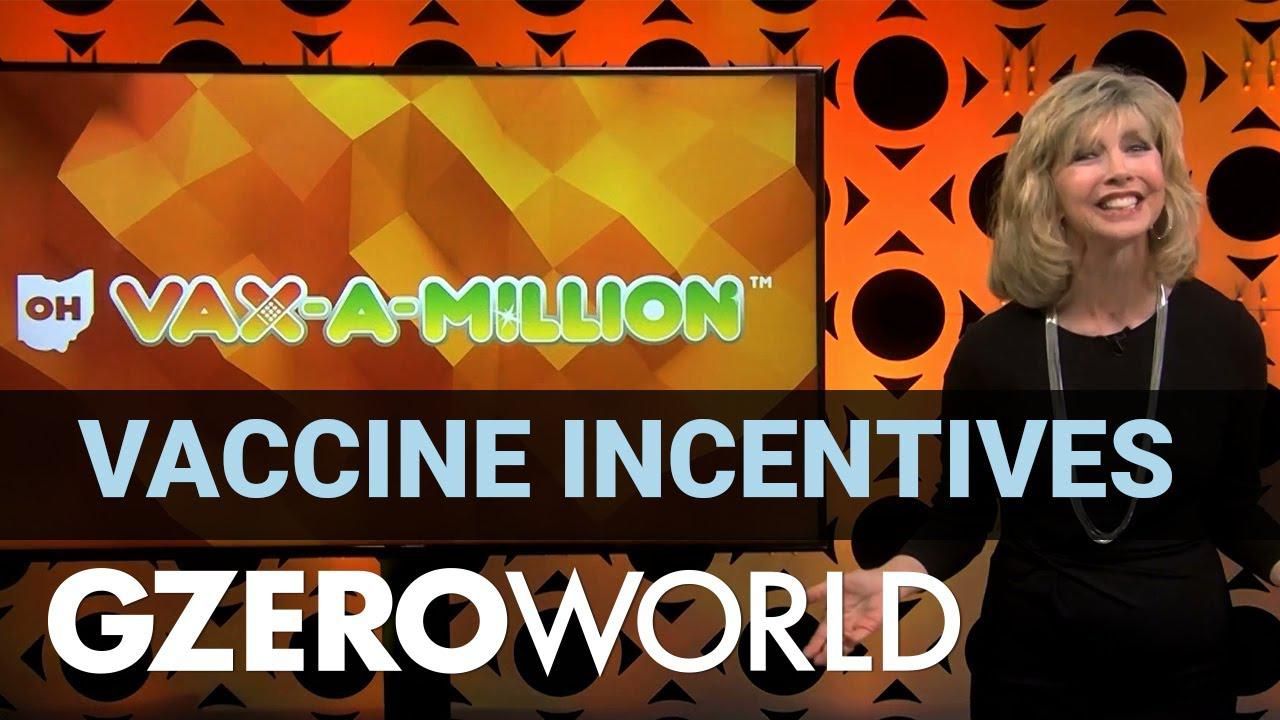
Governments around the world are offering creative incentives for getting a jab.
If you happen to live in New York and are one of the city’s 18% of unvaccinated residents, now might be a good time to go get jabbed. But not just because of omicron.
In late December, now former NYC Mayor Bill De Blasio announced the city would start offering gift cards, free roller coaster rides on Coney Island and trips to the Statue of Liberty to those who get their shots. And it’s not just the Big Apple.
As infections jump, vaccination incentive programs have been brought back around the world. Officials in vaccine-hesitant Missouri have earmarked $11 million dollars for gift cards worth $100. Vermont is awarding schools with per-pupil bonuses if they hit rates higher than 85%.
The mayor of San Luis in the Philippines is encouraging residents to get vaccinated against COVID-19 by raffling off a cow every month until August 2022. Hong Kong has also tried to entice its residents to get vaccinated with more than $15 million in prizes that included a $1.4 million dollar apartment, gold bars, and a Tesla.
One Austrian brothel called the Fun Palace offered patrons a free 30-minute rendezvous to anyone who got vaccinated on site.
Sadly, it’s unclear how effective these programs actually are in increasing vaccination rates. One recent study from the Boston University School of Medicine found that incentive programs in several states failed to move the needle.
Some experts argue that a more effective way to increase rates is for officials to make daily life more difficult for the unvaccinated. France’s president Macron seems to agree.
Watch this episode of GZERO World with Ian Bremmer: Omicron & the undoing of China's COVID strategy